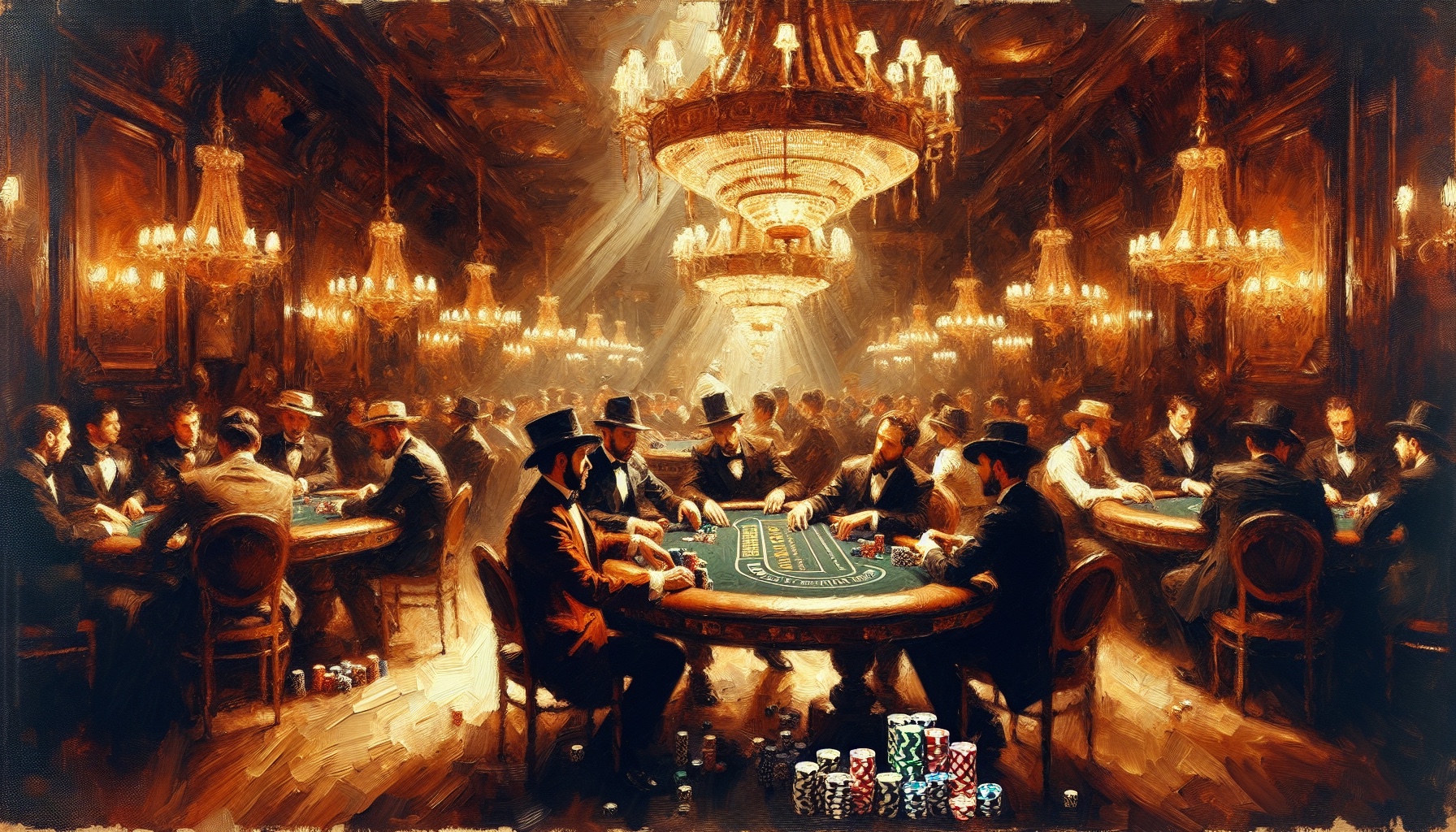
What Does Kojak Mean in Poker?
Kojak refers to the poker hand consisting of a King and a Jack. The name comes from the similarity to the character “Kojak” from the TV series, as both start with ‘K’ and ‘J’.
When You Might Hear Or Use The Term Kojak
The term “Kojak” is often mentioned in casual poker conversations or during hand reviews, especially when a player is holding King-Jack and discussing potential strategies or outcomes of the hand.
In-Game Example
You’re holding King-Jack offsuit in middle position. The action folds to you, and you decide to raise, hoping to leverage your decent hand strength and position on the table.
Strategy / Tips
- Best Practice: Use Kojak to apply pressure in late position, especially when opponents have shown weakness.
- Common Mistake: Overvaluing Kojak in early position or against tight players who have shown aggression.
- Pro Tips: Pay attention to board texture and opponent tendencies, as Kojak can be a tricky hand to navigate post-flop.
Differences Playing Over the Table vs Online
In live poker, reading opponent body language and table dynamics can influence how Kojak is played, whereas online, the focus shifts more towards bet sizing and timing tells.
Alternative Names
King-Jack is often simply referred to as “KJ” in shorthand notation, but there are no widely recognized alternative slang terms beyond “Kojak”.
FAQs
Q: Is Kojak considered a strong starting hand?
A: Kojak is a decent starting hand, especially in late positions, but it’s not as strong as premium hands like Ace-King or Aces. Caution is advised when playing it in early positions.
For those looking to play poker online, understanding such terms can be beneficial.
Related Terms
- Broadway
- Gapper
